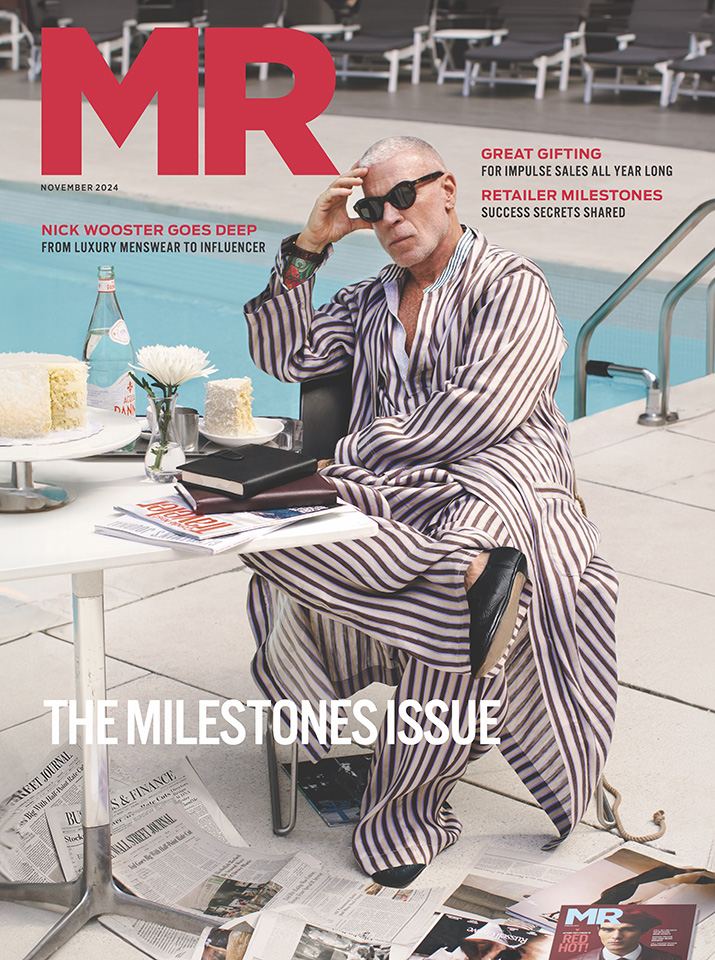Passé: The Fashion Industry Grapples With Bad Timing

New York City has just begun its sacred rites of retail. For its fashion week, which started on September 7th, tents go up, guests emerge from black cars, models sulk down catwalks and the wealthy and celebrated clap in unison. The point of all this is for designers to declare what will be “in” next spring. But for much of fashion retail, it is increasingly clear that something is out of place. For a sense of the problem, consider what happens when the week-long schedule of shows ends. Designers start making the clothes that retailers have ordered, with delivery scheduled four to six months later. But consumers see collections online instantly. “Fast fashion” shops such as Zara, which is part of Spain’s Inditex, rapidly produce clothes “inspired” by what appeared on the runway. When the originals arrive in stores, they feel tired. This has produced clear winners and losers. The world’s two biggest clothes retailers are now Inditex and TJX, according to Euromonitor, a research firm. TJX buys excess inventory of brand-name clothes and resells them at low prices. Traditional department stores, meanwhile, are struggling, partly because outdated frocks and coats languish on racks and then have to be sold at a discount. Read more at The Economist.

